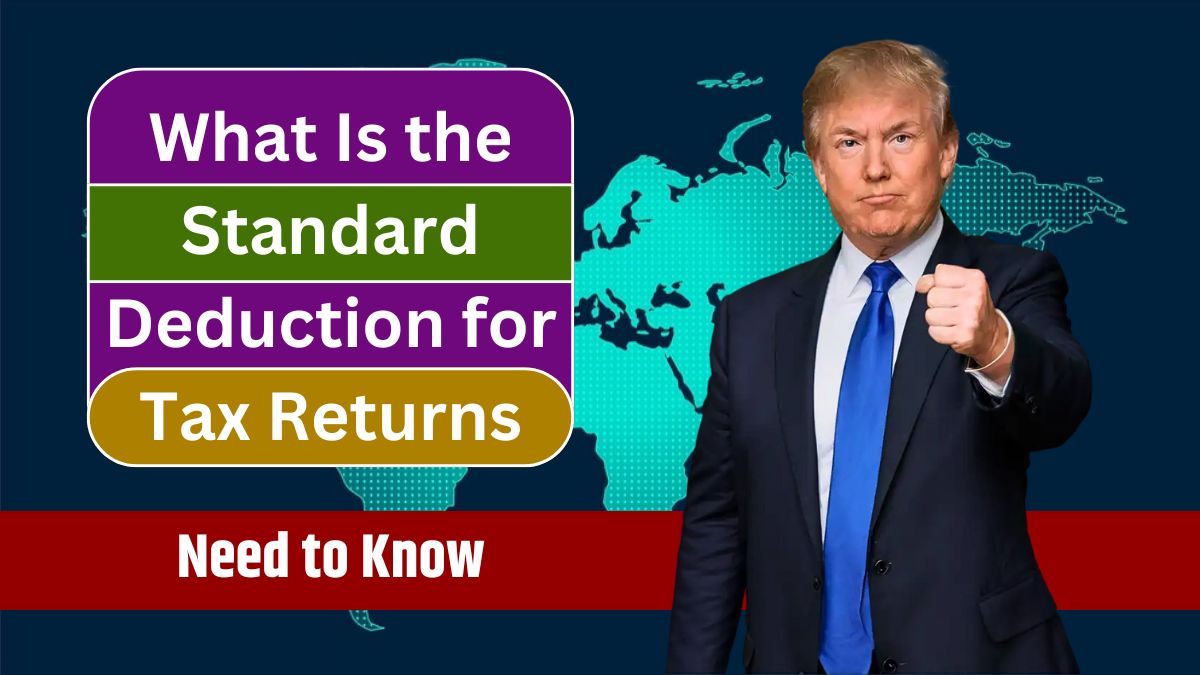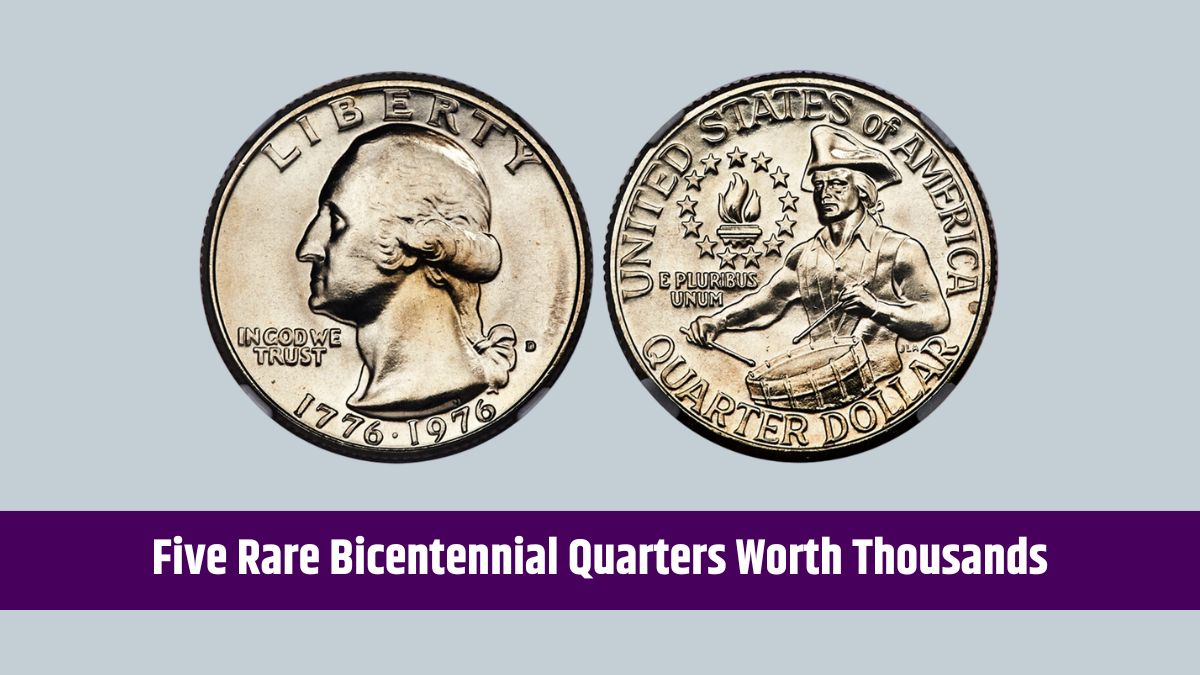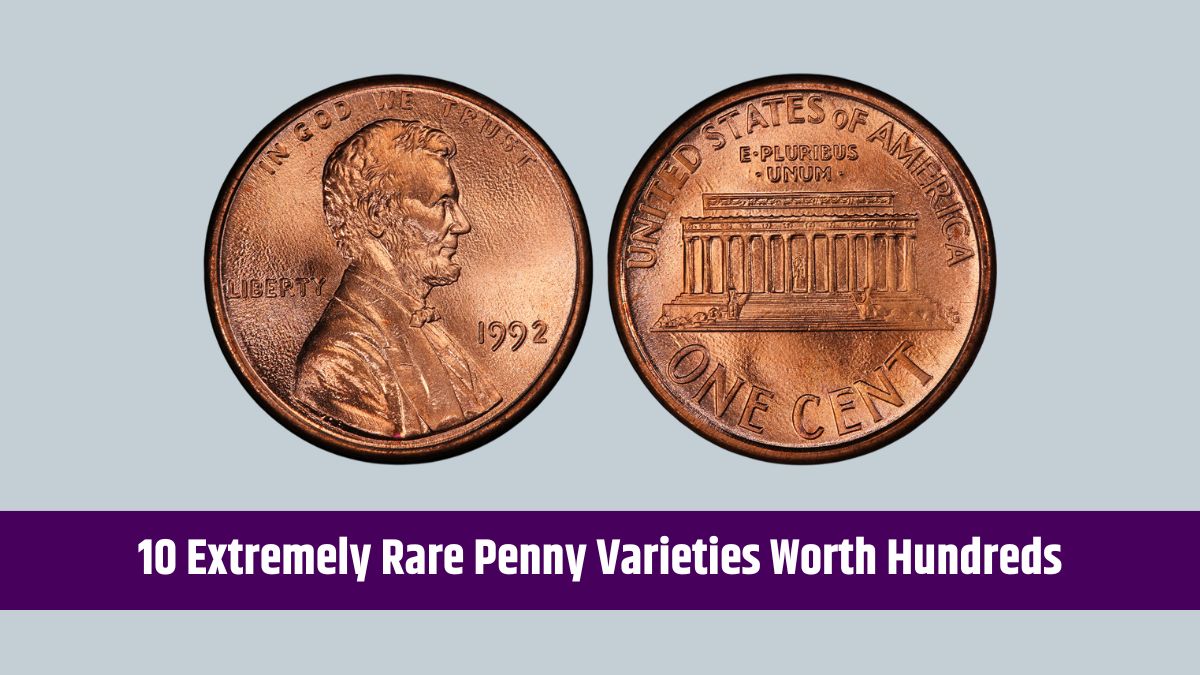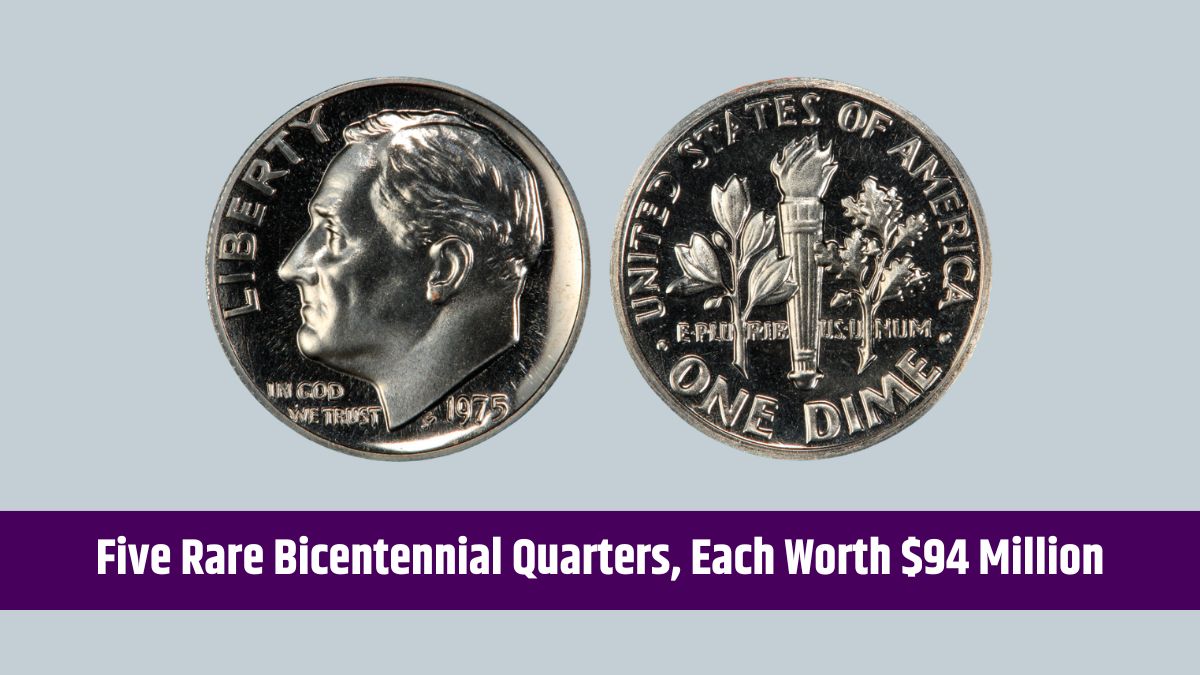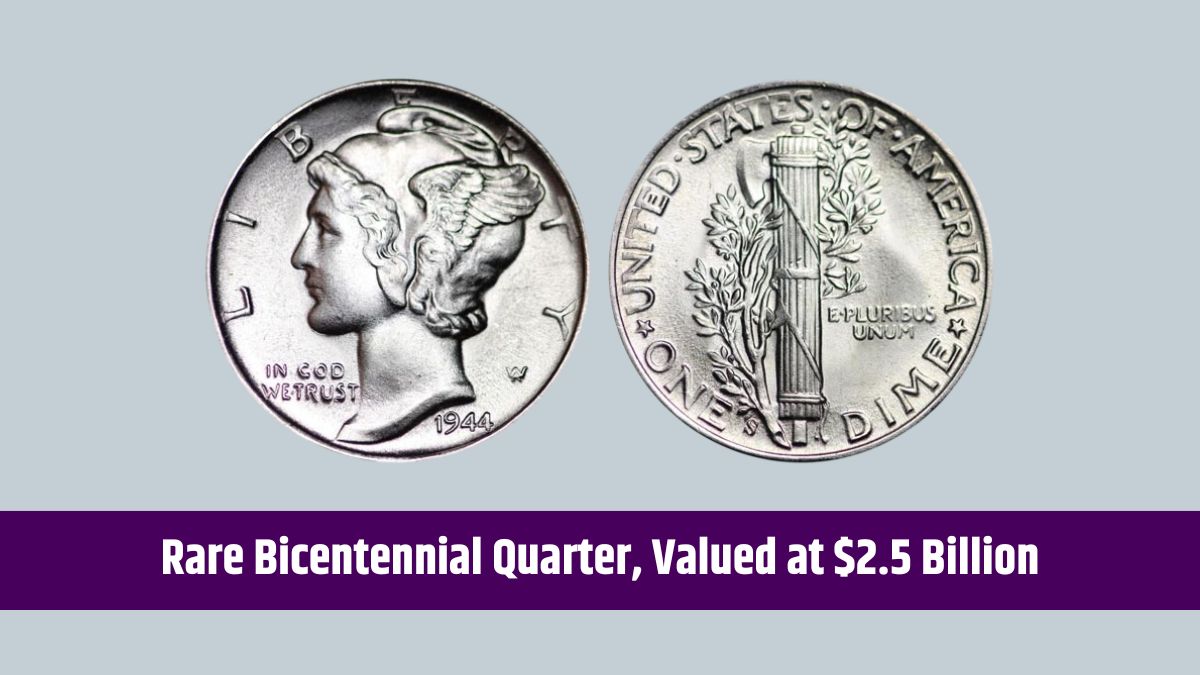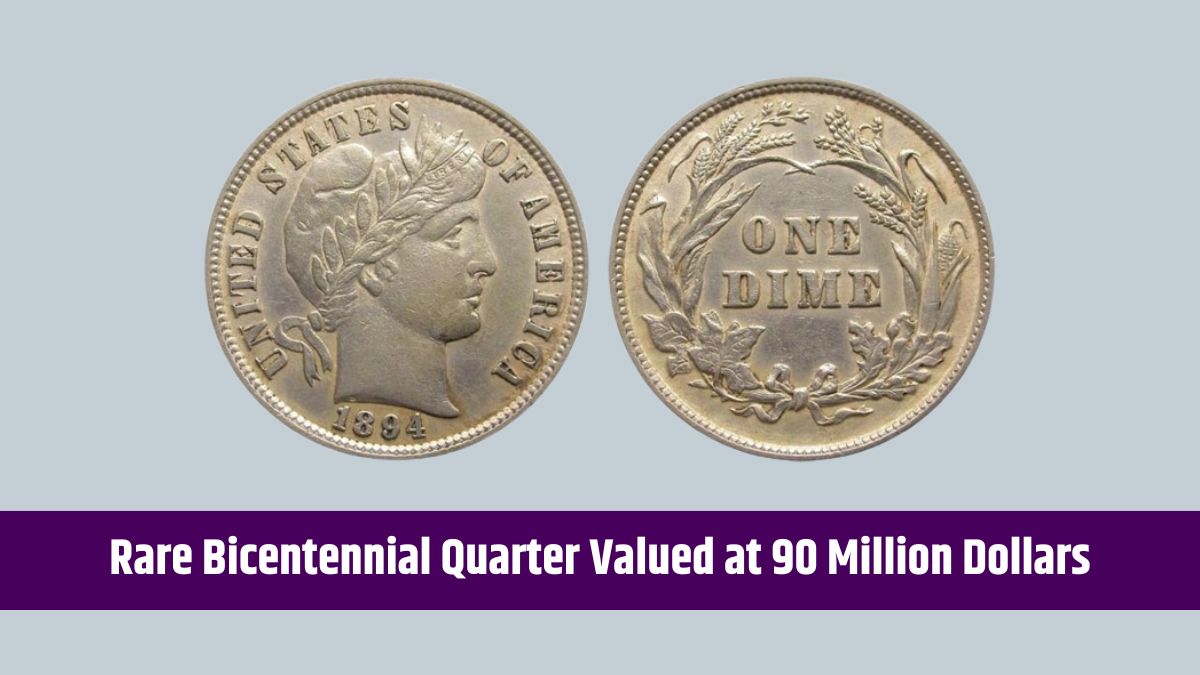As you prepare to file your 2025 tax return, one of the most significant things to consider is how to reduce your taxable income. One way to do this is by using the standard deduction. It’s an easy way to pay less tax without needing to itemize every deductible expense. Here’s what you need to know about the standard deduction and how it works for the 2025 tax year.
Standard Deduction
The standard deduction is a fixed amount that you can subtract from your total income to reduce the portion that is subject to taxation. This means you’ll only pay taxes on the income remaining after this deduction. It’s a much simpler option compared to itemized deductions, where you need to track and prove your individual deductible expenses, like medical bills or mortgage interest.
Each year, the IRS adjusts the standard deduction for inflation, which means it generally increases over time. Here’s a quick look at the 2025 standard deduction amounts:
- Single filer: $15,000
- Married couples filing jointly: $30,000
For comparison, in 2024, the deduction was $14,600 for single filers and $29,200 for married couples filing jointly.
Standard Deduction Work
The beauty of the standard deduction is its simplicity. You don’t have to provide documentation for your expenses (unlike itemized deductions, where you need to provide proof). It’s a set amount you automatically qualify for based on your filing status.
However, if you have large deductible expenses, you may want to consider itemizing your deductions to see if it offers more tax savings. For example, if you have significant mortgage interest, high property taxes, or have made substantial charitable donations, itemizing might give you a better return.
But remember, you can only choose one option—either take the standard deduction or itemize. You can’t do both.
Additional Deductions
If you’re 65 years or older or blind, you may be eligible for an additional standard deduction. The amount depends on your tax filing status:
- Single or head of household: Add $1,950 to your standard deduction for being over 65 or blind. If both apply, the amount doubles to $3,900.
- Married couples: Add $1,550 for each spouse who is 65 or older or blind. If both meet the conditions, the total additional deduction is $3,100.
This extra deduction can make a significant difference, so be sure to take advantage of it if you qualify.
Standard Deduction
There are a few exceptions where you won’t be able to claim the standard deduction:
- Married couples: If your spouse itemizes their deductions, you’ll both have to itemize as well.
- Non-resident aliens: If you are considered a non-resident alien for tax purposes, you can’t use the standard deduction.
- Short tax year: If your tax return covers a period of less than 12 months, you may not be eligible for the standard deduction.
Standard and Itemized Deductions
To decide whether to use the standard deduction or itemize, consider the amount of deductible expenses you have. If your total itemized deductions are higher than the standard deduction, itemizing could save you more money. Otherwise, the standard deduction is usually the easiest and most efficient option.
You can also use tax software or consult a tax professional to help you compare both options and determine the best choice for your situation.
The standard deduction is a valuable tool for reducing your taxable income and making tax filing simpler. For the 2025 tax year, you can expect a higher standard deduction—$15,000 for single filers and $30,000 for married couples—giving you more room to save on taxes. However, it’s important to consider your unique circumstances, especially if you have significant deductible expenses. By knowing the standard deduction and your filing options, you can ensure you’re getting the maximum benefit and lowering your tax bill.
FAQs
What is the standard deduction for 2025?
For 2025, the standard deduction is $15,000 for singles and $30,000 for married couples.
Can I claim both the standard deduction and itemized deductions?
No, you must choose one—either the standard deduction or itemized deductions.
Do I get an additional standard deduction if I am over 65 or blind?
Yes, you can get an additional deduction of $1,950 if you are 65 or blind, or $3,900 if both apply.
When can’t I take the standard deduction?
You cannot take the standard deduction if your spouse itemizes or you are a non-resident alien.
How do I know if I should itemize or take the standard deduction?
You should itemize if your deductible expenses exceed the standard deduction; otherwise, take the standard deduction for simplicity.
